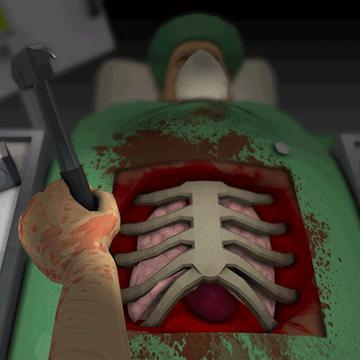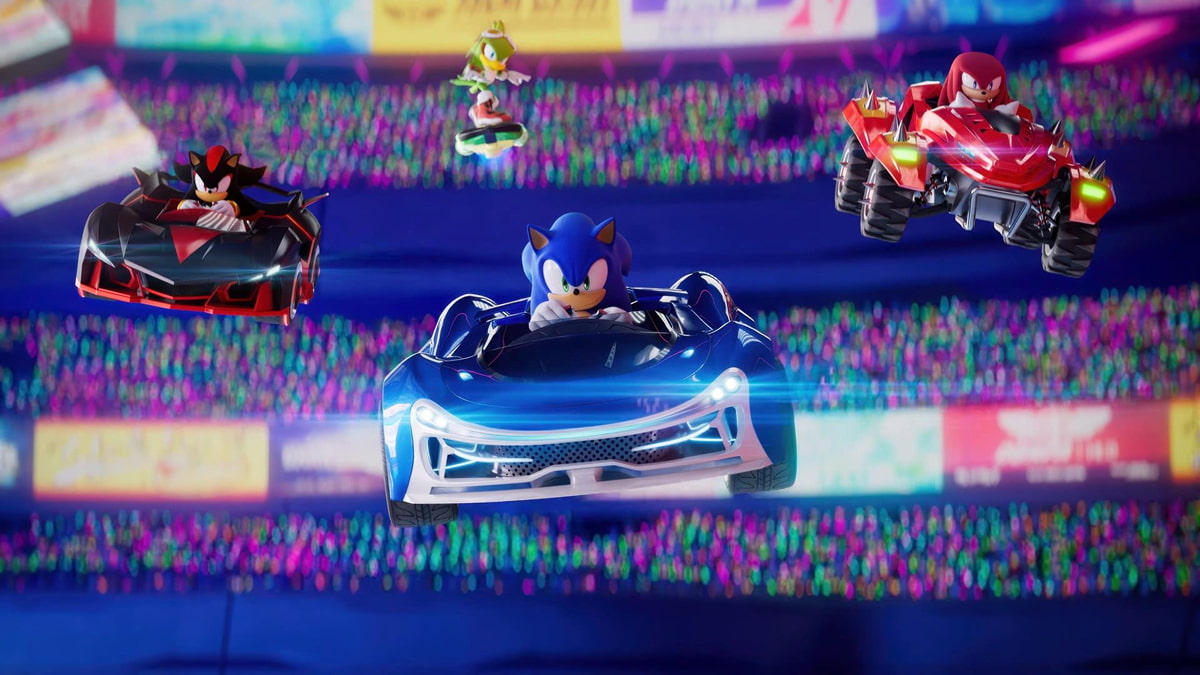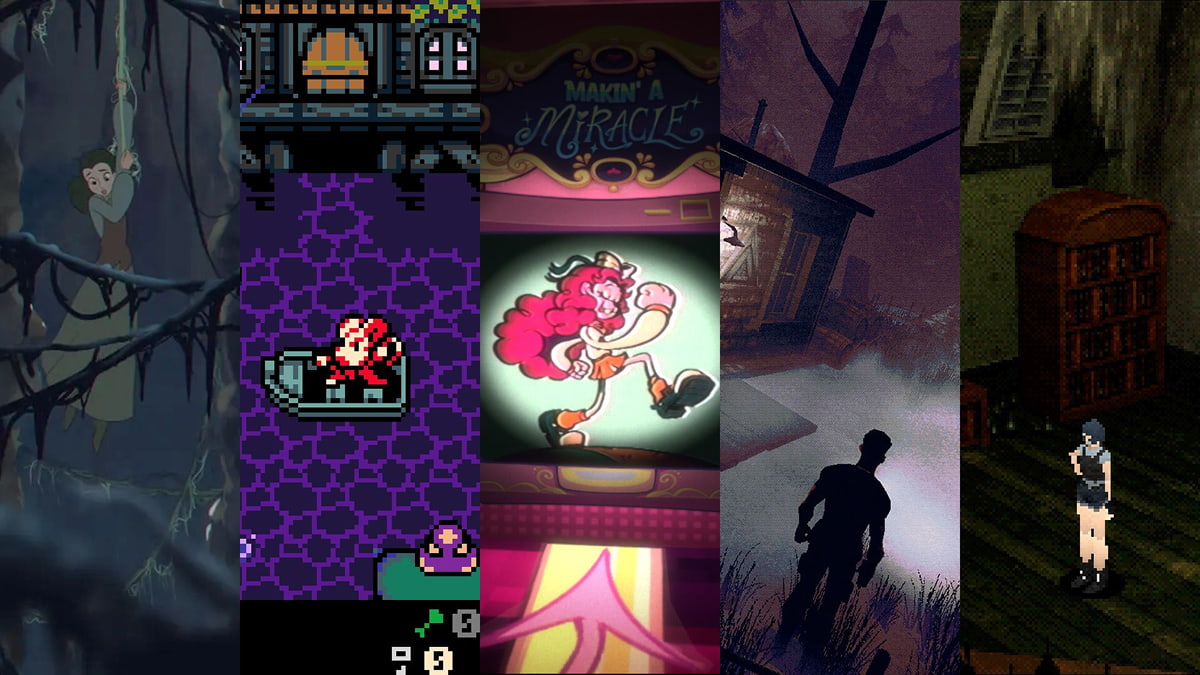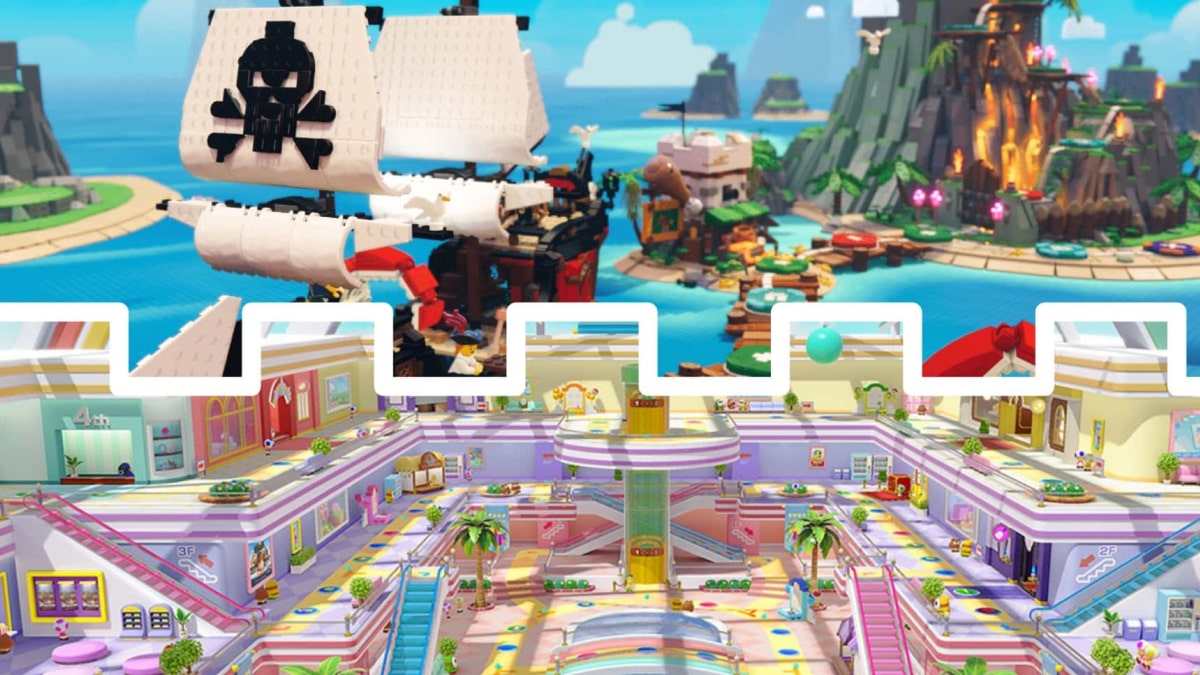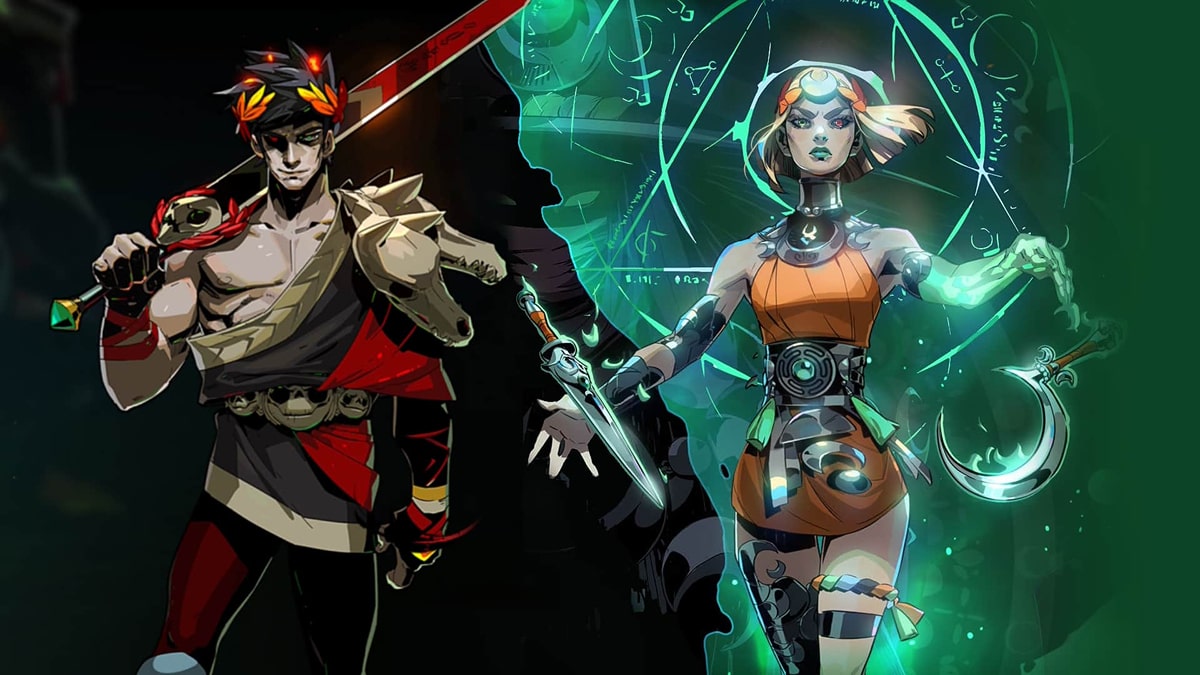You can trust VideoGamer. Our team of gaming experts spend hours testing and reviewing the latest games, to ensure you're reading the most comprehensive guide possible. Rest assured, all imagery and advice is unique and original. Check out how we test and review games here
We’ve all seen them. Most of us have probably played them: those games that suddenly fill our YouTube feeds; played by countless popular YouTube personalities; videos with view counts in the hundreds of thousands. Showing individuals seemingly have more fun than ever, the game comes across as an essential purchase.
Having these products appear on popular YouTube channels is no accident – developers are becoming increasingly aware of how impactful this can be on sales. In a world where word of mouth is being transformed into feeds, videos and social media, how to spread the message of lesser known titles is changing, even creating new genres entirely.
What we are witnessing, is the birth of the YouTube game.
It can be hard to define a YouTube game, especially as these experiences are still so new that you can only pluck out a few examples as bonafide exhibits of the genre. Here’s my attempt:
“A product made viral by popular YouTube channels. Sales are driven by clips of the game being played by well known online figures shown enjoying the game in short bursts. Only when users buy the game do they realise the product is nowhere near as good as the original, ten-minute clip.”
For example, I loved Surgeon Simulator 2013. Every video I watched online had me laughing hysterically at the comedy of errors that ensued as groups of friends tried desperately to perform a bastardised procedure on an unsuspecting patient, alien or Team Fortress 2 character. I loved Surgeon Simulator 2013… until I bought it.
I did everything right: I invited my brother for two-player shenanigans, we were both rubbish, we failed almost immediately by driving the laser straight through the patient’s chest, killing him almost instantly. But none of the hilarity ensued. Steam tells me I’ve only played 61 minutes, and I’ve already had my fill. I didn’t enjoy it as much as when I was watching – it was simply more entertaining to observe than play.
When others play it poorly, it’s hilarious. In my hands, it’s a frustrating, janky experience that has frustration deliberately built into its design.
But it doesn’t matter – the marketing worked. Bossa Studios has gained a sale from me. This isn’t underhanded; this isn’t misleading; the YouTubers didn’t fake the fun they were having. It was simply played in the ideal conditions for this experience.
Developers are increasingly aware of the important role YouTube has in a games promotion, even embedding those experiences into the game. Bossa Studios’ Luke Williams acknowledged that YouTube was core to the success of Surgeon Simulator in an interview with StickTwiddlers:
“Totally, I mean YouTube is pretty much the main reason we are so successful with Surgeon Simulator 2013, and we are aware of that completely. That’s one of the reasons that we made sure to give them a thank you, by naming or tying in achievements based on some of those videos.”
Bossa isn’t the only studio acutely aware of the importance YouTube has on the potential success of these sorts of games.
Octodad, the charming little title from Young Horses also focused on a big push towards viral videos. President Phil Tibitoski spoke to PushSquare last August about promoting the game:
“We’ve shown the game at everything we can make our way to, and made a big push for creating an online presence not to be reckoned with. We got Greenlit for release on Steam, and even had some huge YouTuber’s like TotalBiscuit, NorthernLionLP, MangelRogel, and PewdiePie play the game.”
Tibitoski highlights another major factor that makes YouTube marketing such a compelling tool for these developers is the relationship between the YouTubers themselves and their subscribers. Us, as subscribers, already like the characters we tune into every day. We enjoy their banter, their personalities and antics, regardless of the game they’re playing. That is why, when we see a new product being played, it is difficult to separate the two: how much of an impact are our favourite characters having on the overall feel of this game?
Octodad: Dadliest Catch is again a ‘QWOP-like’ experience that is fun in the infamous 10-minute clips, watching others fail to accomplish the simplest tasks. In the hands of a player, mind, its lone trick fails to sustain the experience throughout the campaign, as the wonderful Jim Trinca notes in this hilarious video.
This leads me to question how the idea of YouTube-centric games could affect game development. If these experiences are built around the idea of being ‘bad’, or fundamentally janky so that players are having two very different experiences, then to what end could developers work towards?
It creates a model where gameplay experience is secondary to the passivity of watching a game being played, which is enough to sell a product. In this sense, developers are no longer producing ‘games’, but, instead, almost deliberately bad ones for the hope of a punchline that keeps on giving.
Goat Simulator is evidence of this – something that blew up thanks to a self-uploaded video on YouTube. Coffee Stain Studios developed it in a couple of weeks as a game jam to take a break from the development of Sanctum. Thanks to the internet and public demand, though, Goat Sim became a full retail release, and now any venture on Steam will show thousands of people playing it.
The studio know exactly what its game is, and it oozes from every inch of the design. “Michael Bay” achievements, Deadmau5 and absurd physics are just a few examples of how Goat Simulator has embodied its own joke. A side-project people took way too seriously.
So many questions linger in the mind. How will this trend affect the promotion of games? Will YouTubers be increasingly used as a marketing tool to promote rather than more traditional methods? Will games be developed as experiences to be watched rather than played?
Honestly, I have no idea. But what I do know is that, right now, there are certainly games on the market that are tailored for YouTube, and have become incredibly successful for it. So why wouldn’t other developers want a piece of the action?

/https://oimg.videogamer.com/images/8ac5/goat_simulator_14.jpg)
/https://oimg.videogamer.com/images/4aac/octodad_dadliest_catch_1.jpg)
/https://oimg.videogamer.com/images/f614/goat_simulator_4.jpg)
